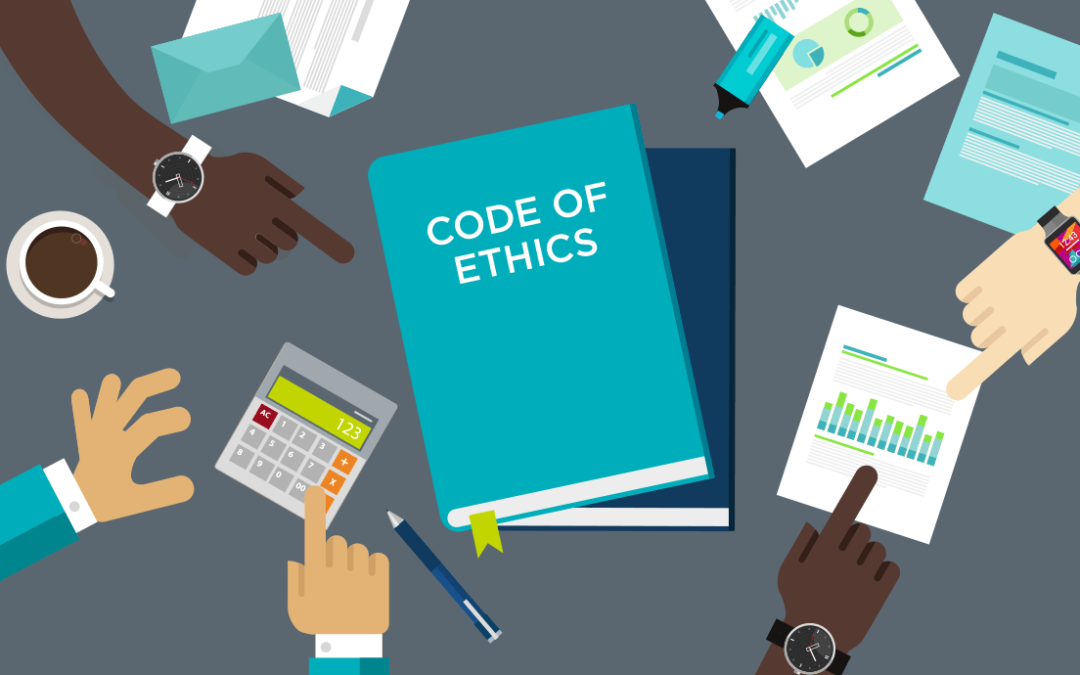FTC's Roth Submits Statement for Today's Hearing on SCOTUS Ethics
Fix the Court executive director Gabe Roth submitted this statement to the House Judiciary Committee ahead of today’s hearing on the need for stronger ethics and personal hospitality rules for the justices of the Supreme Court. Here’s a summary:
On the need for a SCOTUS ethics code:
 “Though major steps toward reform have been achieved of late — livestreaming at the Supreme Court, online financial disclosures and bills to make PACER free — more needs to be done to build a modern, ethical and exemplary federal judiciary. Given SCOTUS’s decades-long reluctance to act on ethics, Congress must step in, both on the legislative and investigative fronts.”
“Though major steps toward reform have been achieved of late — livestreaming at the Supreme Court, online financial disclosures and bills to make PACER free — more needs to be done to build a modern, ethical and exemplary federal judiciary. Given SCOTUS’s decades-long reluctance to act on ethics, Congress must step in, both on the legislative and investigative fronts.”
“Though it’s been said time and again, I will repeat here the preposterous fact that lawmakers, business leaders, medical providers and lower federal court judges, to name a few, all must follow an articulated code of ethics, for which there are consequences for noncompliance, yet at the Supreme Court no such code exists.”
“That the justices now play such a central role in our public and political discourse today only amplifies this need; so does the frequent embarrassment judges elsewhere in the country feel when they see their peers on the high court behaving injudiciously.”
“After the Fortas and Douglas scandals of the late 1960s, both Congress and the Chief Justice responded with new laws and regulations. In other words, inaction today would be ahistorical.”
“A code already exists for the lower courts that SCOTUS could use as a starting point; they say they ‘consult’ it after all. The justices in their code would likely remove some sentences to reflect their non-fungibility and add a section that more clearly lays out how they would handle recusals, gifts, travel and personal hospitality, but overall, this is not only a much needed project but also a very doable one.”
“If the justices can’t be bothered to write an ethics code, maybe Congress shouldn’t bother giving the nine $122 million in discretionary spending for the coming fiscal year. That might sound like a drastic step, but Congress attaching strings to a nine-figure appropriation is not uncommon, and in the realm of strings, an ethics code is more twine than suspension bridge cable. In fact, one leading Senate Appropriations Committee member is already considering this option.”
On the need for stronger gift, travel and personal hospitality regulations:
“If, per a Nov. 28 letter from Supreme Court Legal Counsel Ethan Torrey, Alito’s acceptance of a Jackson Hole, Wyo., trip from people clearly seeking to impact the outcome of a SCOTUS case “[didn’t] violate ethical standards,” then those standards need to change.”
“The use of the personal hospitality exemption to the gift- and travel-reporting rules is not a new phenomenon, nor is it something a single justice has availed himself or herself of in the recent past. From FOIA requests that Fix the Court sent to the U.S. Marshals Service in 2016 and 2018, we found that justices in 2015, 2016 and 2017 took trips to cities where we know they have friends that were not accounted for in their annual disclosure reports.”
“There’s nothing wrong with the justices having friends, but, for example, a neutral party should have been consulted about Justice Scalia’s plans to stay at the Mississippi governor’s mansion at a time when the state was party to a lawsuit seeking to strike down the Affordable Care Act, and when, just months after the Court denied cert. in a patent case that preserved a lower court win for Amdocs and its founder Morris Kahn, Justice Ginsburg was the guest of Kahn on a free trip to Israel and Jordan.These appearances of impropriety are apparent.”
“The Roberts era has seen no shortage of ethics scandals, yet in contrast to his predecessors, one finds scant examples of the current Chief Justice working to improve the status quo.”
On the need to investigate the Supreme Court Historical Society:
“The argument in favor of the Society’s perpetuation is flimsy at best. The Library of Congress can handle any archival materials the Society possesses. Staff hired by the Court can run the gift shop in place of those hired by the Society. The offices of the Marshal and the Clerk office can organize lecture series. Other Society milestones since its 1974 founding do not vouch for its continued existence, especially if, as it appears, it’s being used for access.”